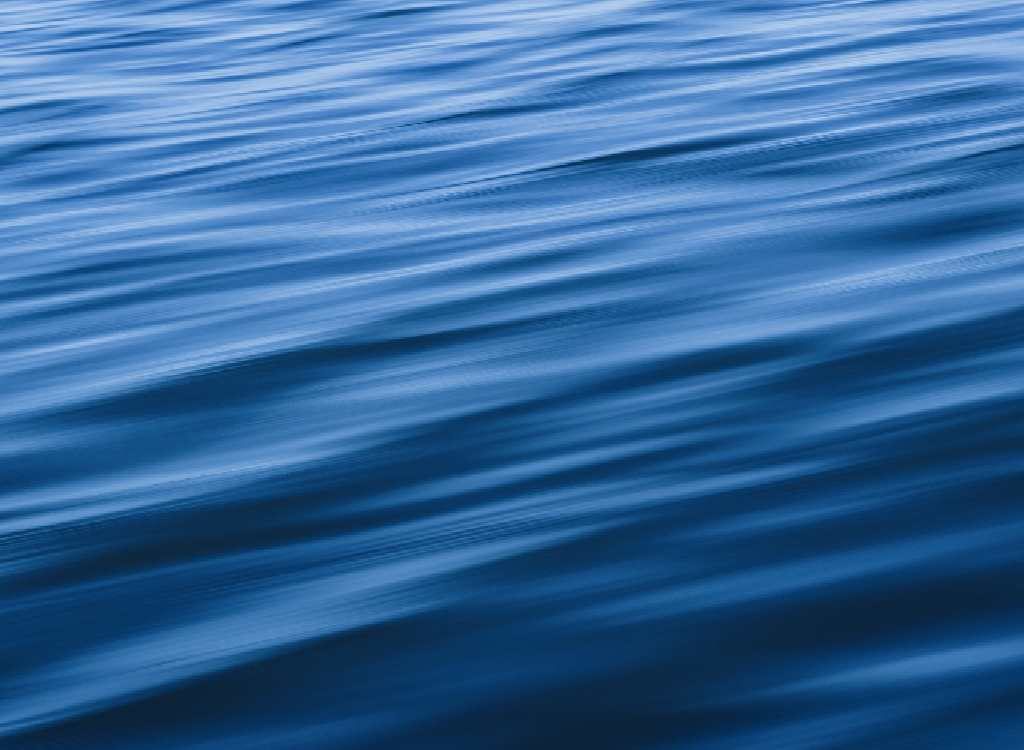WATER CURE TO REDUCE PANICS AND ANXIETIES
This remedy is free and practiced daily hydrates mind and therefore can reduce anxieties
We all know that water is good for the body, but some medical experts now believe that water-not just fluid-id essential to our health and well-being. Dr. Freydoon Batmanghelidj, who trained at St Mary’s Hospital Medical School, London, argues that dehydration is at the root of many common diseases such as asthma, blood pressure, angina pain, backache, diabetes, colitis and stomach ulcers. Water can also help you lose weight, lower stress levels and boost energy. His research began when he was imprisoned for nearly three years during the Iranian revolution. In his role as a medical officer for 3,000 fellow prisoners, he had almost no medicines and used drinking water to treat a variety of ailments. The results were so impressive that, when the authorities gave him his freedom, he stayed on for a few months to finish his research.
The body is made up of 75 percent water. We lose nearly six pints every day through breathing, perspiration and in urine though some are replaced by the water in our food.
Amanda Wynne nutritional scientist at the British Nutrition Foundation says “most people simply forget to drink, It’s especially important to replace lost fluid in hot weather or when you’ve been exercising”.
So what happens when we drink too little water? The hormones, chemical messengers and nutrients that are carried in the flow of water to vital organs aren’t fully activated and so can’t work properly. Feeling tired is one symptom of lack of water as the body struggles on limited supplies. Heartburn and indigestion occur because there’s insufficient
Most people just forget to drink water to digest food. High blood pressure results when the blood vessels constrict to compensate for a fall in blood volume. As the brain consists of 85 percent water, the concentration may also be affected.
Dr Batmanghelidj thinks that our thirst mechanism has become blunted, so we often confuse thirst with hunger and eat when our body really craves water.
We should aim to drink a minimum of six to eight cups of water a day. But anyone with heart disease, blood pressure problems, asthma, diabetes or people taking medication or under medical supervision should get medical advice before increasing their intake. “The best times to drink water are to have one glass half an hour before a meal and a similar amount two and a half hours after” says the doctor, who also recommends adding a daily dose of half a teaspoon of sea salt to help your body retain the water.
“Alcohol, coffee, tea, and colas don’t count as water because they are diuretics: the body expels more water than it takes in. One sign of dehydration is dark urine – it should be almost colourless to a light yellow”.
PUTTING IT TO THE TEST
Just how easy it is to drink the recommended dose-two liters of water a day? One volunteer tried it for a week. “For the first two days, the only difficulty I had was remembering to do it. After that, it was more of a struggle. On days four to seven, I could only manage 1.5 liters. In the latter part of the week, I felt very full and urinated five times a day instead of my usual three.
I also found I was drinking less coffee (usually four mugs a day) and alcohol (three units). I think the trick is to give water priority, rather than trying to add it to your normal liquid intake. Unfortunately, that didn’t occur to me until the end of the week! Seven days probably isn’t long enough to see any real benefits, so I’ll try again, but for a bit longer next time”. Mineral water chilled with a slice of lemon or lime or lime appeals to a lot of my clients.
Anthony

